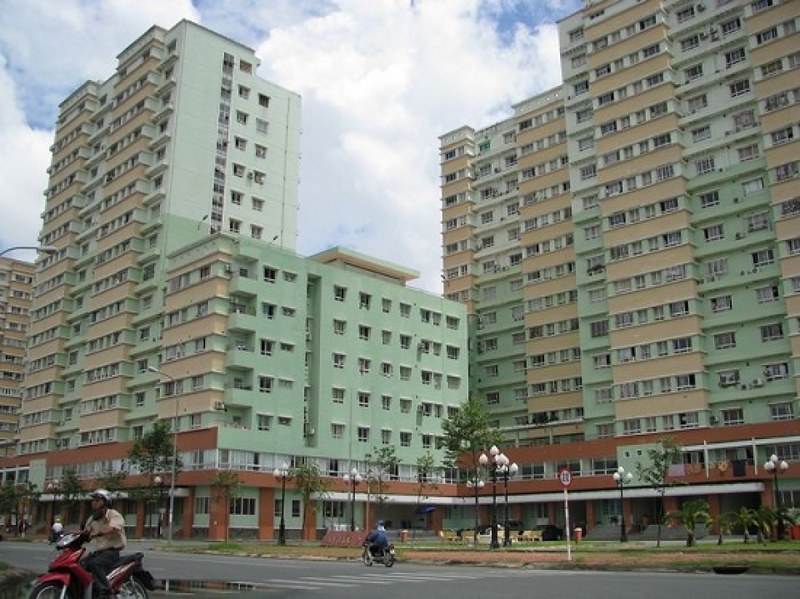Proposing to build property tax law to limit speculation and waste
VCN- In a recent report related to the status of land use levy, land rent, land tax and real estate tax policy, the Ministry of Finance said that in order to institutionalize the policy of taxation on property, build a system of uniform tax policies in line with international practices, stabilize the real estate market, limit speculation and wasteful use of real estate, there is a need to study and formulate the Law on Property Tax.

According to the Ministry of Finance, the real estate market is expected to develop stably and sustainably in the coming time when a series of new policies such as the Housing Law, the Real Estate Business Law (revised) and the real estate credit policies have been enforced since July 2016 such as: Expanding buyers and owners of houses and land, encouraging organizations and individuals from all economic sectors to invest in real estate business, the State has a mechanism to stabilize the real estate market, ensuring the interests of investors and customers.
In addition, according to the Ministry of Finance, Vietnam’s per capita income has steadily increased in recent years, from US$ 1,400 (about 30 million VND) in 2013 to US$ 2,200 (nearly 50 million VND) in 2016 and will increase to US$ 3,400 (nearly 80 million VND) in 2020. Accordingly, it is expected that holding, ownership, and investment in real estate tend to increase.
That is the reason why the Ministry of Finance said that it was necessary to develop the Law on property tax, in line with the socio-economic development conditions in the next period, contributing to strengthening the State management of the property.
According to the Ministry of Finance, in Vietnam, there are no property taxes, but there are major tax policies related to property (such as non-agricultural land use tax and agricultural land use tax). However, the current tax policy on the property does not fulfill its role as one of the stable sources of revenues for the State budget. The current land use tax rate in Viet Nam only accounts for 0.03% of GDP and about 0.15% of total State budget.
Based on the experience of many countries around the world, property tax is a very early taxation, which is increasingly expanding as the socioeconomic countries develop with many different types of assets.
Income from property tax, especially land use tax, is a major source of revenues for the State budget, in particular, property tax revenue of about 2% in the Organization for Economic Co-operation and Development (OECD) (Canada with 4%, United States with 3% and lowest country with 1%); about 0.6% in developing countries and about 0.68% in transition countries. In addition, property taxes are considered as direct taxes, which are likely to be relatively close to the actual contribution of taxpayers on specific assets, especially housing and land.
According to the Ministry of Finance, the trend of property tax reform in some countries such as Canada, Australia, Malaysia has recently shown that countries tend to reform revenue towards taxation of the property of great value, expanding the objects of collecting property tax.
Nguồn: customsnews.vn
